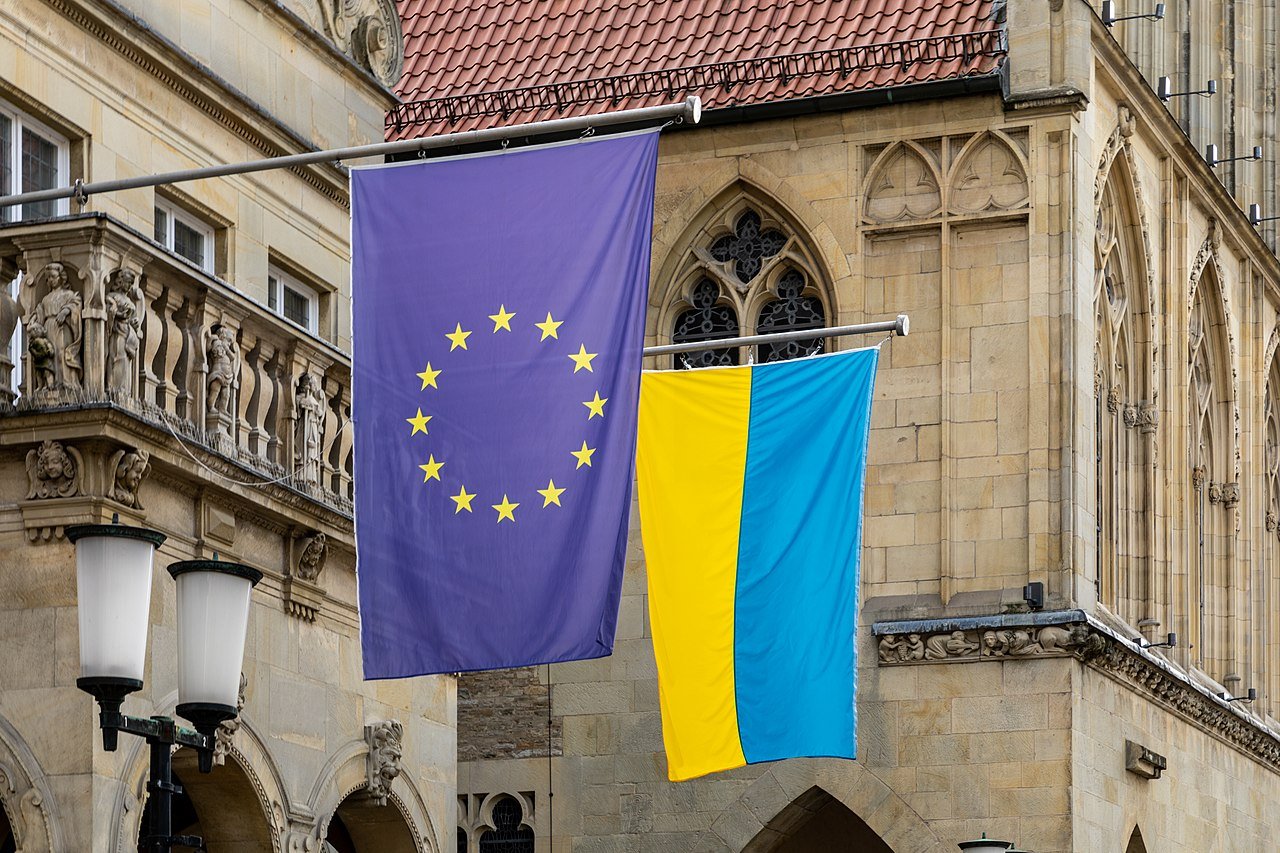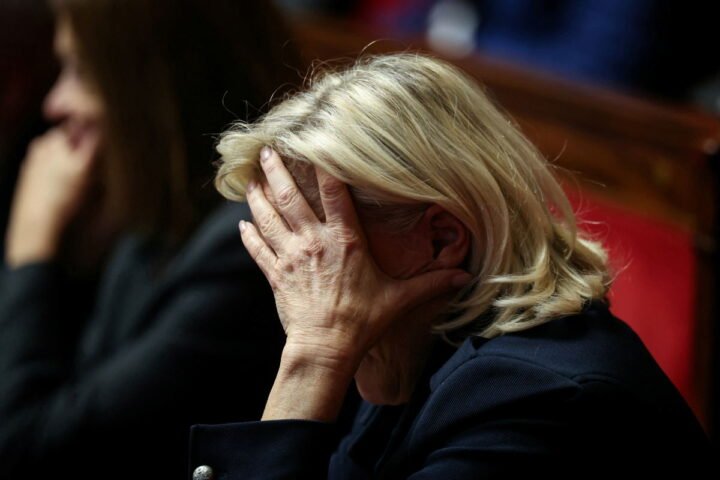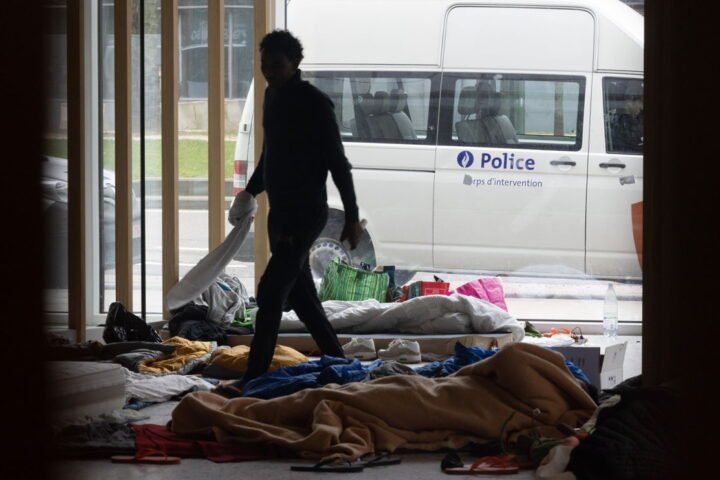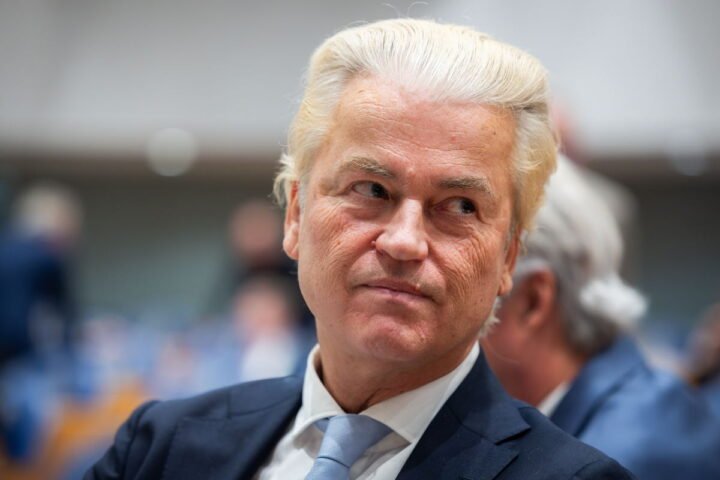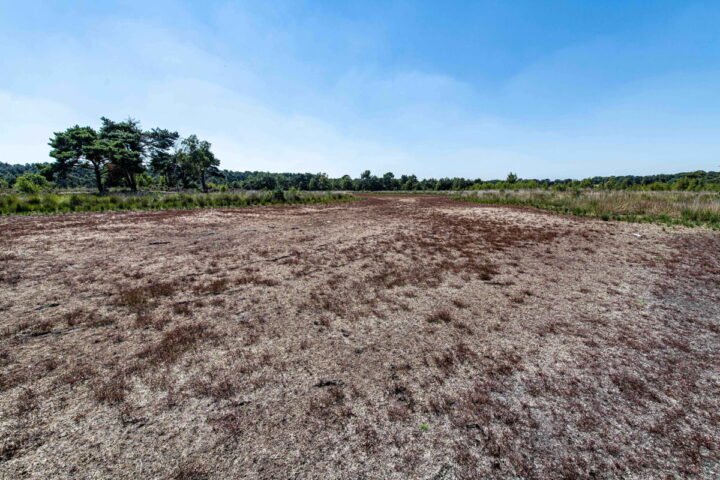On July 7, senior U.S. Congressman French Hill sharply criticized the European Council for failing to take concrete action on Ukraine recovery financing, despite possessing the means to do so. In a column published in the Financial Times, Hill argued that the EU’s inaction on confiscating Russia’s frozen sovereign assets undermines both justice for Ukraine and the credibility of Western sanctions policy.
€258 billion frozen, but still untouched
Hill’s criticism came in response to the latest European Council summit on June 26 in Brussels, where EU leaders again fell short of endorsing full confiscation of roughly €258 billion in frozen Russian central bank reserves. These funds, immobilized across multiple European jurisdictions, remain a potential source for Ukraine’s reconstruction, but EU policymakers continue to hesitate on legal and political grounds.
Calling this a missed opportunity, Hill argued that failure to act signals weakness: “Frozen Russian billions are not a technical issue. They’re a test of Western resolve.”
He urged EU governments to take three immediate steps: transfer the Russian assets into escrow accounts managed in trust for Ukraine; establish an international reconstruction fund under EU leadership; and begin channeling the bulk of frozen Russian reserves into Ukraine’s budgetary and security needs—either through existing European financial instruments or the World Bank.
A vital financial lever for Ukraine’s recovery and defense
While Ukraine has so far received approximately €28 billion from interest accrued on these assets, Hill emphasized that the principal sums must now be made available. This would provide Kyiv with essential resources to repair its devastated infrastructure and sustain its defense against Russia’s full-scale invasion, now in its third year.
Direct asset transfers would not only bolster Ukraine’s battlefield resilience, Hill argued, but also strengthen its negotiating position in any future talks with Moscow—talks that must move beyond symbolic diplomacy.
The total damage from the war is already estimated at over $500 billion, but the broader cost—including recovery, compensation and environmental loss—could reach into the trillions. Yet there is no realistic prospect that Vladimir Putin’s regime, or any future Russian government, will voluntarily pay reparations.
More than aid—an enforcement of international law
Hill also framed the issue as a critical precedent for global accountability. If the West backs down from confiscating Russian sovereign assets, he warned, it risks normalizing impunity for aggressors. “Without consequences,” he wrote, “the international order erodes.”
The proposal to seize Russian funds has growing backing within the G7 and the European Parliament. Even the leaders of France and Germany have publicly expressed conditional support for using Russia’s frozen assets to aid Ukraine. But these statements remain largely rhetorical—Hill’s message is clear: it is time to act.
Under international law, particularly given Russia’s violation of the UN Charter, the confiscation of its state assets for the purposes of reparations is both legitimate and necessary, Hill argued.
Western unity faces a test
Hill’s column positions the asset transfer as a litmus test for the West’s political will. Despite widespread legal discussion and mounting humanitarian and strategic urgency, the EU has yet to move decisively. Belgium, where a significant portion of Russia’s frozen reserves are held, is seen as a key actor in enabling or delaying action.
The Congressman’s message resonates at a time when international support for Ukraine is not only about assistance—it is about ensuring that aggression does not pay, and that the post-World War II rules-based order still has enforceable meaning in the 21st century.
